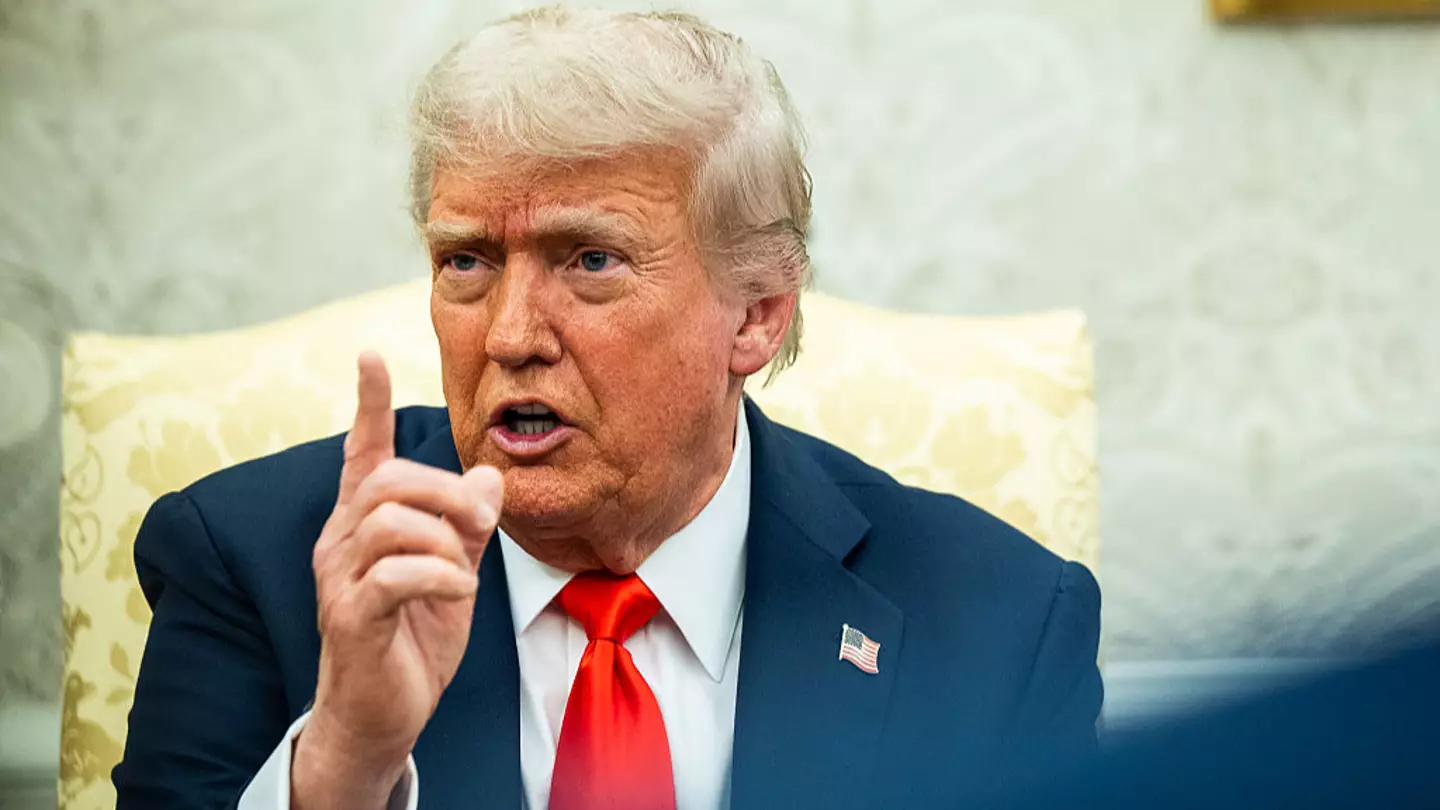
Topics: Donald Trump, US News, Travel

Topics: Donald Trump, US News, Travel
Donald Trump’s travel ban on 19 countries means some big things for one-tenth of the world, but the true extent has been revealed.
We all know that ending illegal immigration in America has been pretty high on Trump’s list since he began his campaigns, but as more executive bills are passed, there seems to be no stopping him from creating more and more laws for other nations to abide by.
The bans are the latest in a series of anti-immigration moves, which also include a block on people coming over the southern border to claim asylum and more.
The announcement was made after an Egyptian man in Colorado was arrested and charged with attacking a group honouring hostages held in Gaza.
Advert
On Wednesday (June 4), the US president said that the ban was down to a ‘recent terror attack’ as it allegedly ‘underscored the extreme dangers posed to our country by the entry of foreign nationals who are not properly vetted’.
The ban takes effect as of 9 June, which will see seven countries face restrictions in addition to the 12 that have already been prohibited.
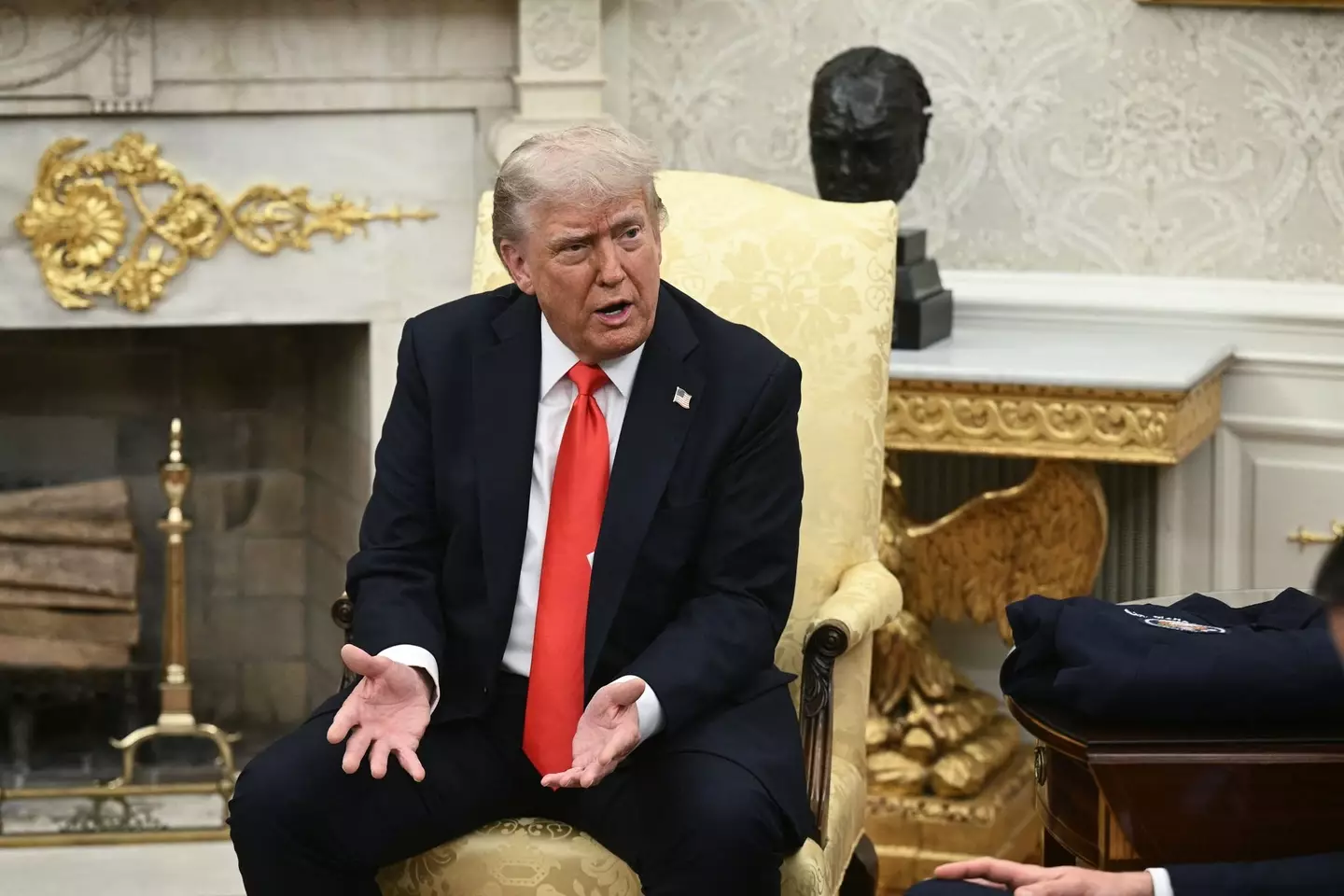
This is similar to the move that the president made during his first term in the White House, but Joe Biden promptly reversed it when he was elected.
After announcing his new plans to reinstate the ban, Trump said: "We don't want 'em. Very simply, we cannot have open migration from any country where we cannot safely and reliably vet and screen."
The POTUS also claimed that the list could be amended at any point, adding: "During my first administration, I restricted the entry of foreign nationals into the United States, which successfully prevented national security threats from reaching our borders and which the Supreme Court upheld.
"It is the policy of the United States to protect its citizens from aliens who intend to commit terrorist attacks, threaten our national security, espouse hateful ideology, or otherwise exploit the immigration laws for malevolent purposes."
The 12 countries which have been issued full travel bans are:
This means that under no circumstances can they enter the US.
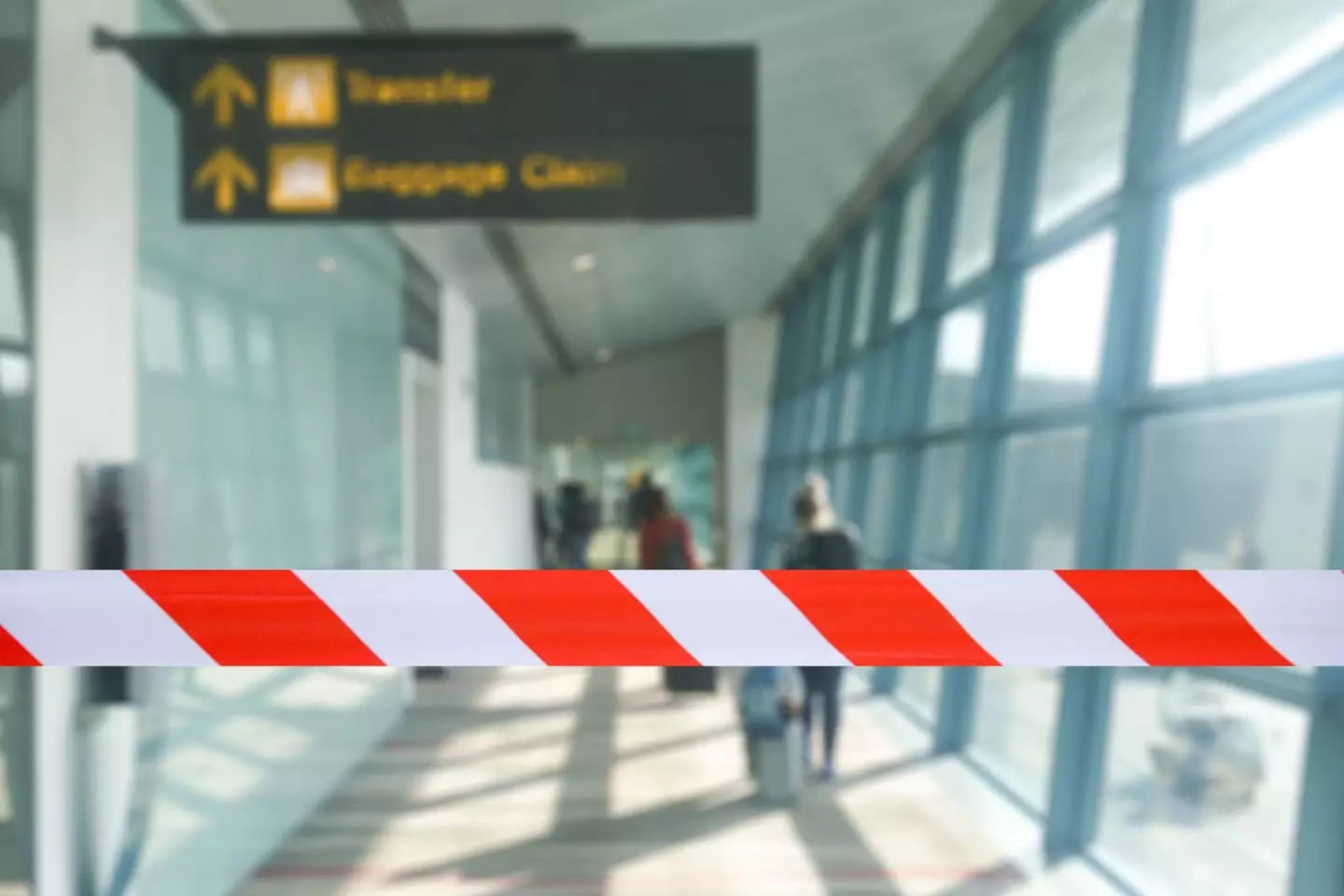
The seven countries which now have heightened restrictions on visitors are:
The partial restrictions mean that citizens from these countries will not be able to travel to the US with certain visas.
It also removes access to all immigrant visas and several non-immigrant travel options. However, diplomats will be able to travel to the US from those countries.
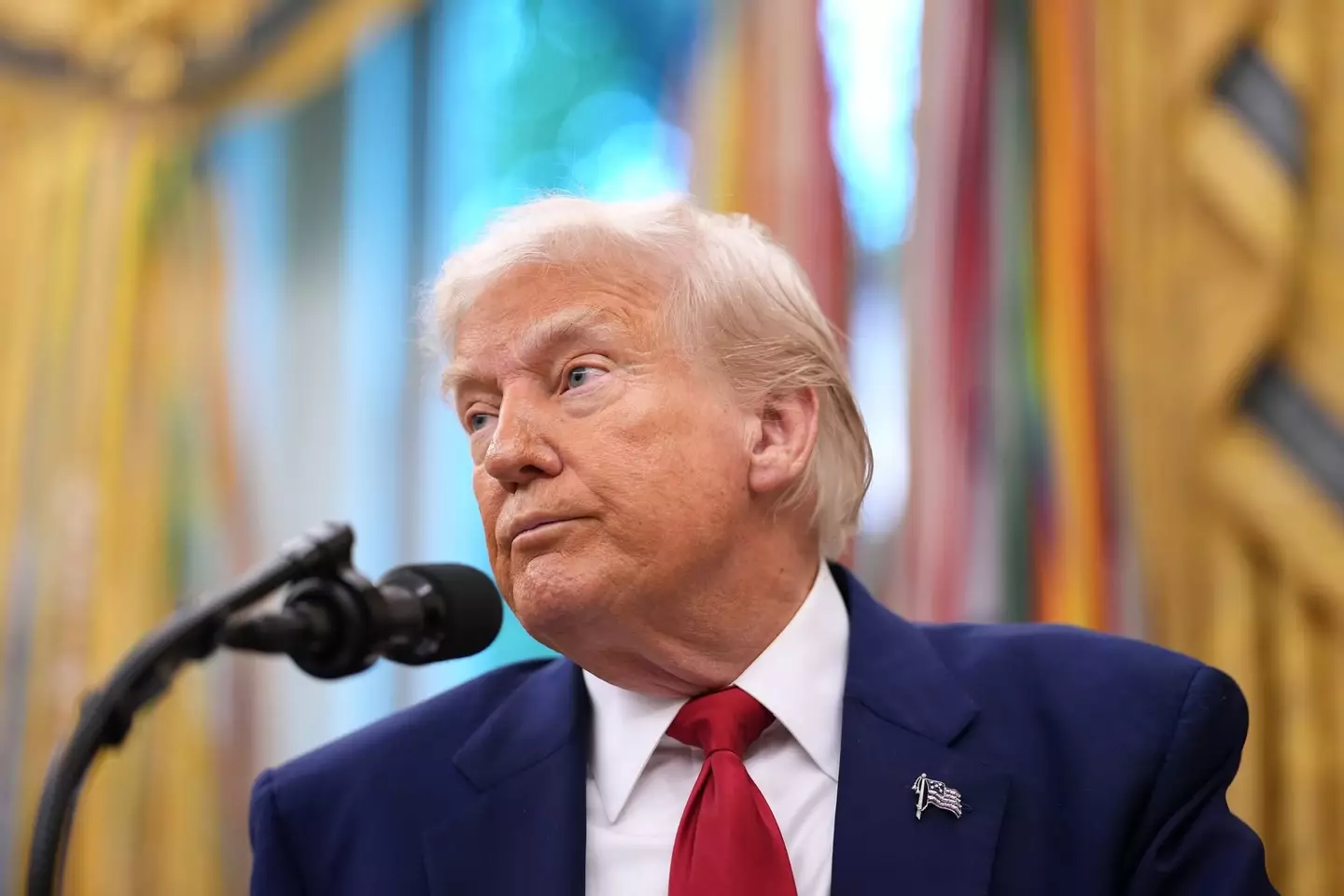
Yes. If you are a national from one of those countries but hold an existing visa to the US, you will be exempt from the ban, as per the New York Times.
If any of the below is relevant to a person, they too will be exempt:
According to the BBC, a 'case-by-case' basis may also grant exemptions on the basis that the person 'would serve a United States national interest', as per the Secretary of State.
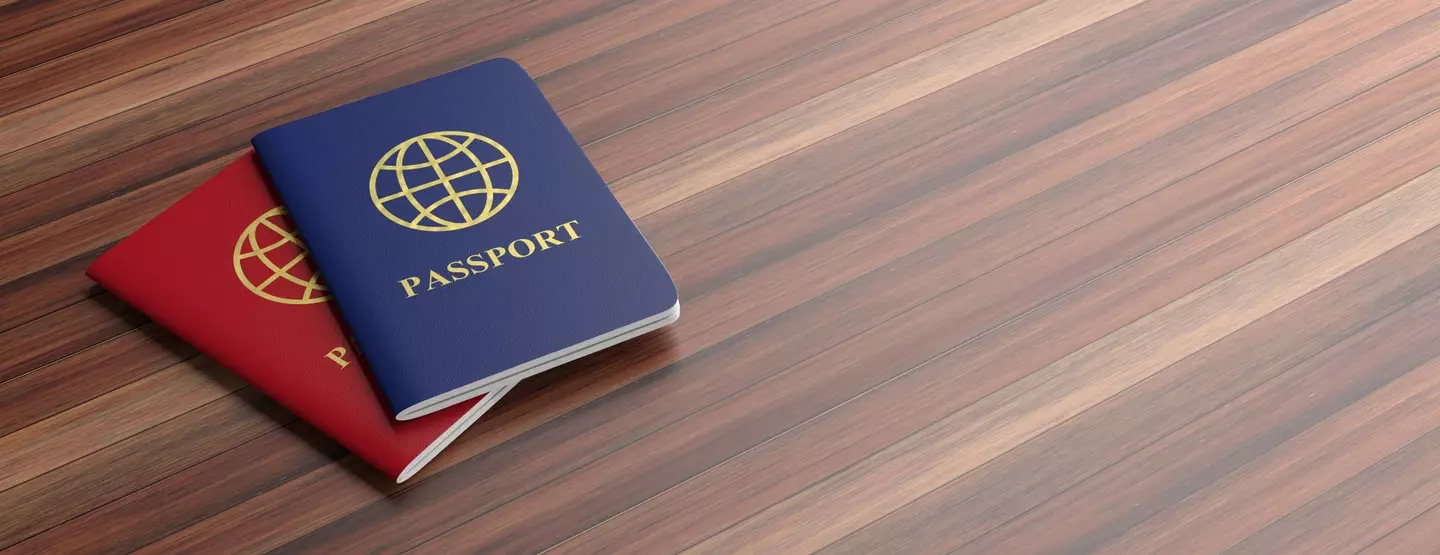
This is a little harder to explain, but there are specific instances which will allow you to travel.
Say, if you have dual Somalian and British citizenship, then you are exempt from the order.
Essentially, if you are a dual citizen in any country not on the banned list, you should be good to travel under that passport.
This information has not yet been made clear by the POTUS, but for those of us in the UK, you could apply for an Electronic System for Travel Authorisation (ESTA) instead of a full visa to travel.
The only time this will be an issue is if you were in Iraq, Libya, North Korea, Somalia, Sudan, Syria or Yemen on or after March 2011. In this case, you can’t apply for an ESTA.
The same goes for those in Cuba on or after 12 January 2021. However, you could apply for a visa.